Coffee Grounds in the Garden: [Application, Benefits, Compost and pH]
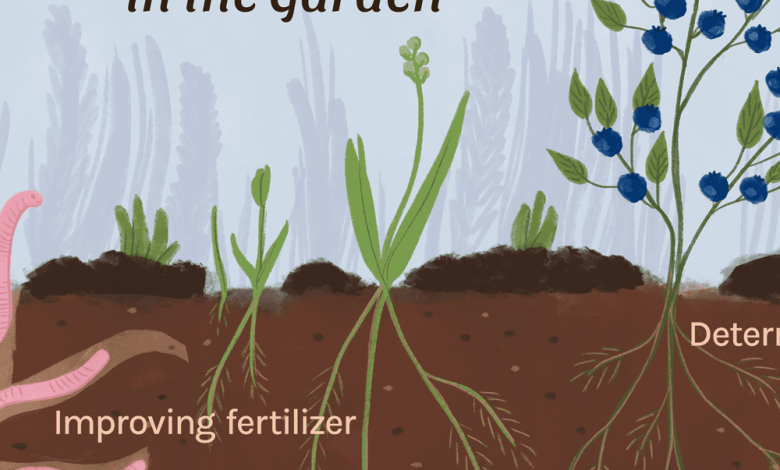
 One of the easiest and most effective ways to enrich the soil in your home garden is with coffee grounds.
One of the easiest and most effective ways to enrich the soil in your home garden is with coffee grounds.
Yes, just what you are imagining: you get up early, you drink your cup of piping hot coffee and use the leftovers in the garden.
What used to be rubbish has now become a real treasure. Coffee grounds are rich in nutrients and improve the conditions in which plants develop.
Do not you believe it? Let’s check all the details right now.
What plants need coffee as fertilizer?
Coffee can be used in almost any type of crop because its effects only bring benefits.In some cases oriented to nutritional support, while in others it acts for preventive purposes.
That’s right, coffee grounds can be very useful to help prevent the attacks of some types of pests and diseases. It has even been considered better than some commercial fertilizers, since the latter sometimes cause side effects.

However, there are some crops that take advantage of these benefits more than others. For example, tomatoes are greatly enriched in terms of color when they are worked with coffee as fertilizer.
A similar case occurs with ornamental plants such as hydrangeas that have a preference for soils with an acidic pH and that is exactly what coffee offers.
How to use coffee in the garden?
Coffee, whether in the form of grounds or beans, can be used in different ways in the garden. To enrich the crops, remove pests, reduce the possibility of diseases, among others, the grounds are mixed directly with the soil.
In the event that what you are looking for is to improve the conditions of the land to plant a new plant, it is useful to take advantage of dry coffee beans.
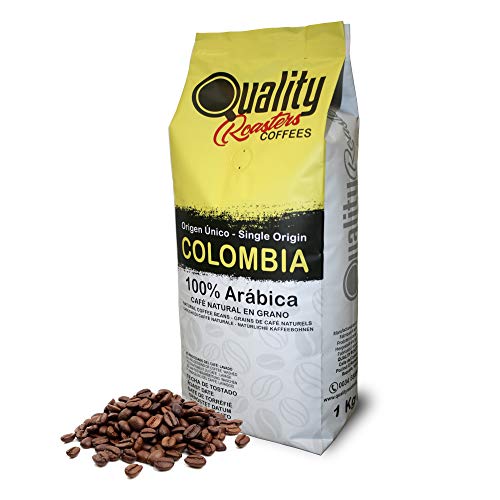
These are mixed with the seeds you are looking to germinate and then you put them into the soil as normal. Thanks to their properties, they will serve as a kind of protection for the seeds, even being an effective technique when there are bad weather conditions.
How to add coffee grounds to plants?
 The idea when working with coffee grounds is to incorporate it into the ground, making it intermix in the most effective way possible.
The idea when working with coffee grounds is to incorporate it into the ground, making it intermix in the most effective way possible.
To achieve this goal, it will be necessary to add the leftover coffee on the ground and then stir slightly to get it to enter the depth.
At this point, special care must be taken not to plow deeply, since the plants are already developing and you could cause damage to the roots.
Make sure, however, that it penetrates as deep as possible so that the roots (which are the ones that consume the nutrients) have easy access.
What do coffee grounds contribute to the earth?
Coffee grounds are rich in elements such as potassium, phosphorus, magnesium, nitrogen, among others. All of them are part of the set of macronutrients and micronutrients that are essential for the development of plants.
On the other hand, they adjust the ground conditions to a certain extent, increasing the pH level and making it a little lighter. Another intrinsic benefit of using coffee grounds in the orchard has to do with the prevention and control of certain types of insects.
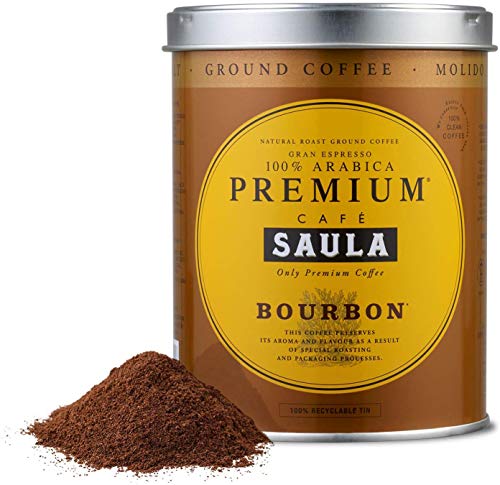
Here are ants, some snails, slugs, aphids and even much larger animals such as cats.
How do you compost coffee?
Homemade organic matter such as compost with coffee is obtained by adding coffee in a well-measured amount to the organic compost that you are already making with kitchen scraps. Keep in mind that you can not exaggerate in the amounts to prevent the compost from becoming excessively acidic.
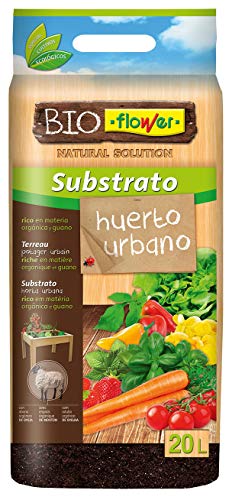
What pH do coffee grounds have?
 Coffee grounds have a high acid content, covering a pH that ranges from 5.8 to 6.2 approximately.
Coffee grounds have a high acid content, covering a pH that ranges from 5.8 to 6.2 approximately.
This gives it exceptional characteristics to improve the conditions of certain types of crops.
However, care must be taken when using them, especially when they are added to homemade compost that will be used throughout the garden.
It will be decisive to know in detail the soil requirements of each species to prevent them from having more acidity than they can withstand. Coffee grounds are easy to get. In most houses there is at least one person who drinks coffee every day.
They do not cost any money because they are considered leftovers that later go straight to the trash. And, finally, they are easy to handle because they do not need any other extra process to be used in crops.
All these advantages make coffee grounds a highly valuable tool in home gardening that you can start putting into practice today.
Bibliographic references
- Evaluation of coffee pulp as fertilizer for nurseries, M Mestre – Cenicafé (Colombia) v. 28 (1) p. 18-26, 1977 – sidalc.net
- Preparation and use of coffee pulp as organic fertilizer, A CORREA – Revista de Ag. Ind. y Com. of Puerto Rico, 1944 – sidalc.net
- The coffee pulp transformed by the earthworm is a good fertilizer for coffee seedlings, JN SALAZAR – 1992 – library.cenicafe.org
- Comparative value of decomposed coffee pulp as fertilizer, M López, H Calle –… National Coffee Research (Colombia) v. 7…, 1956 – sidalc.net
- Coffee pulp and its usefulness as organic fertilizer, M Concepción – Latin American SYMPOSIUM on Coffee Growing, 5. San …, 1982 – sidalc.net
- Evaluation of different methods for the transformation of coffee pulp into organic fertilizer in coffee farms, N Moreno Clavijo, AA Romero Jiménez – 2016 – ridum.umanizales.edu.co

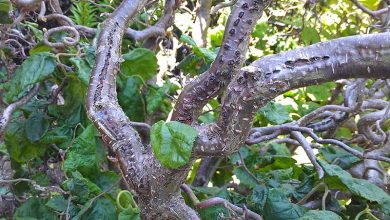


![Photo of Trachycarpus Fortunei: [Cultivation, Associations, Pests and Diseases]](https://www.complete-gardening.com/wp-content/uploads/2022/08/trachycarpus-fortunei-cultivation-associations-pests-and-diseases-390x220.jpg)